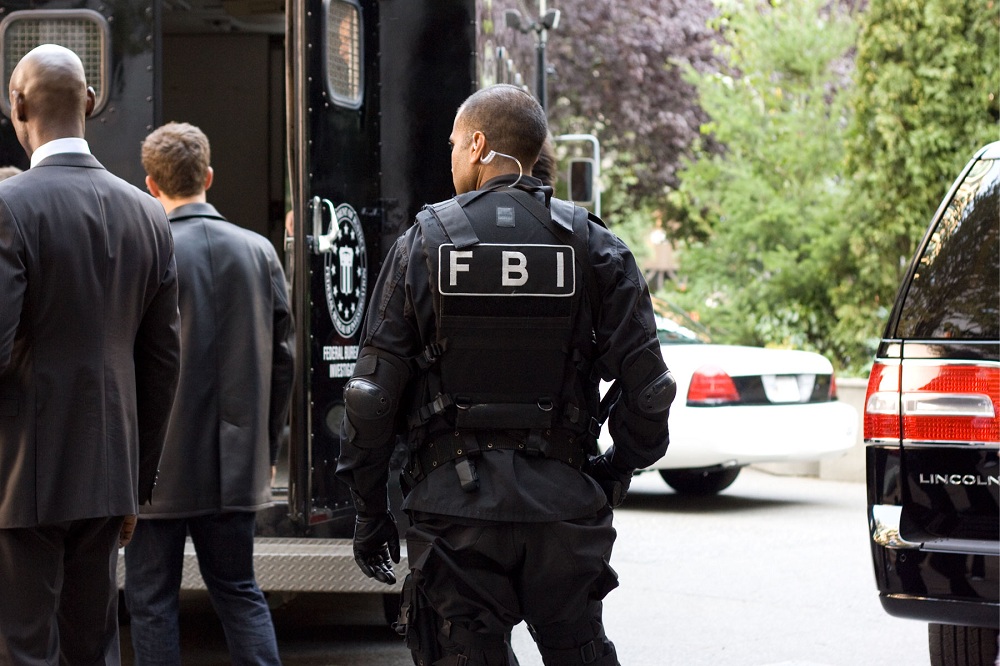The FBI’s announcement of the successful disruption of the prolific ransomware gang named “Hive” marks a major victory in the ongoing fight against criminal cyber activity. The agency was able to take down the group before they were able to collect over $130 million in ransom demands from over 300 victims. The several victims that were saved from the Hive ransomware attack include a Texas school district facing a $5 million ransom, a Louisiana hospital that had been asked for $3 million, and an unnamed food services company that faced a $10 million ransom. Additionally, the FBI was able to provide more than 300 decryption keys to the victims under attack and more than 1,000 to the previous victims.
The notorious Hive ransomware gang has been one of the most active ransomware groups in the world. It is a ransomware – as – a – service organization ( sometimes abbreviated as RaaS ), meaning that it took out contracts of its hacking rampage to affiliates in exchange for a cut of the proceeds. They have been active for just over a year and have successfully extorted roughly $100 million from over a thousand companies since June 2021. According to information from the Justice Department, Hive had targeted more than 1,500 victims in 80 different countries, and had collected over $100 million in ransom payments. The gang had been observed using several platforms, including Windows, Linux, and EXSi hypervisors. They had also allied with other traditional ransomware groups to become one of the top three most active ransomware groups.
The FBI’s impressive success was due to their intricate investigation that included the deployment of a new form of cyber – attack in order to gain access to the ransomware gang’s network and disrupt their operations. It consisted of an extensive web of cyber – security experts and tools to gain access to the encrypted data and track the perpetrators. This approach is incredibly unique and has never been used before. Through this process, the FBI was able to disrupt the gang’s plans and prevent them from collecting the ransom money.
It is not however the first time that the U.S. has shown resistance against ransomware. In mid – December 2020, the U.S. Department of Justice ( DOJ ) had shut down another ransomware gang called the Lazarus Group. This group was responsible for the attack on the Colonial Pipeline in May of the same year. The DOJ seized the group’s computer infrastructure, including a database of victims, and released a statement from the U.S. Attorney’s Office in Atlanta that read, ” the takedown of the Lazarus Group is a major step forward in the fight against ransomware and other cyber – enabled crimes.”
In addition, the FBI has also shut down another major ransomware operation called Babuk Locker, which is believed to have extorted more than $100 million from organizations across the world. The operation was a collaborative effort between the FBI, Europol, and other international law enforcement agencies, and the agency was able to provide decryption keys to victims before taking full control of the Babuk Locker servers.
Ransomware attacks are a major threat to both businesses and consumers, as they can cause significant financial losses, data breaches, and long – term disruptions to operations. For businesses, ransomware attacks can result in lost productivity, devastating financial losses, and a damaged reputation. For consumers, ransomware attacks can lead to stolen personal data, identity theft, and other financial losses. Stopping ransomware attacks is therefore critical to protecting businesses, consumers, and the economy as a whole. It is thus imperative that law enforcement around the World take this matter seriously and follow in the footsteps of the FBI. The only way to beat these criminals is to always stay a step ahead of them.
Security measures such as firewalls, antivirus software, and access controls can prevent or limit the spread of ransomware. Regular backups of important data ensure that even if a ransomware attack is successful, the affected files can be restored from a clean backup, reducing the impact of the attack. This is why security and backups are considered good practices against ransomware.
The great job done by the FBI is highly commendable! This major success story highlights the FBI’s dedication to preventing cybercrime and its focus on using cutting – edge technology and tactics to combat such malicious activity. This case also serves as a reminder that cybercriminals cannot outpace the law enforcement agencies that are working to protect the public from cyber – attacks.

